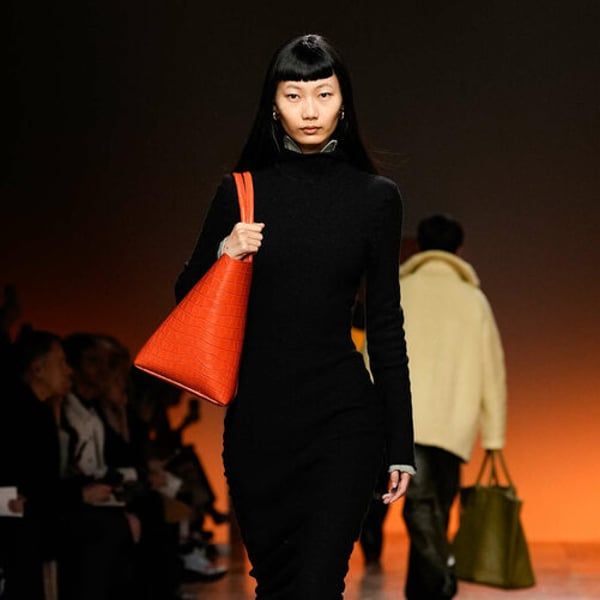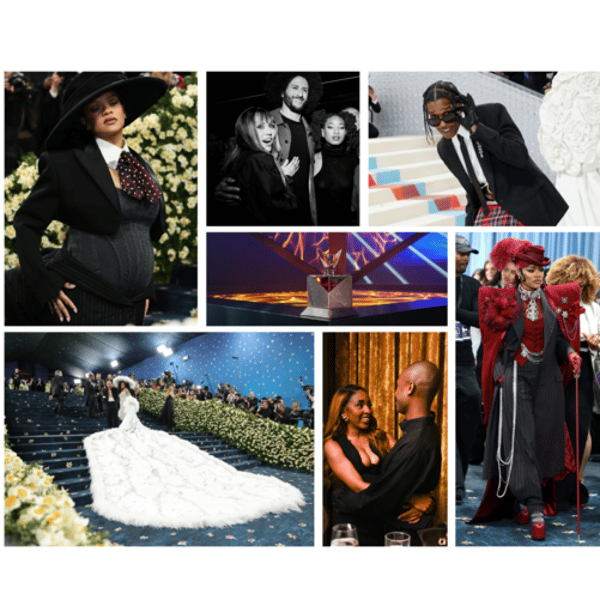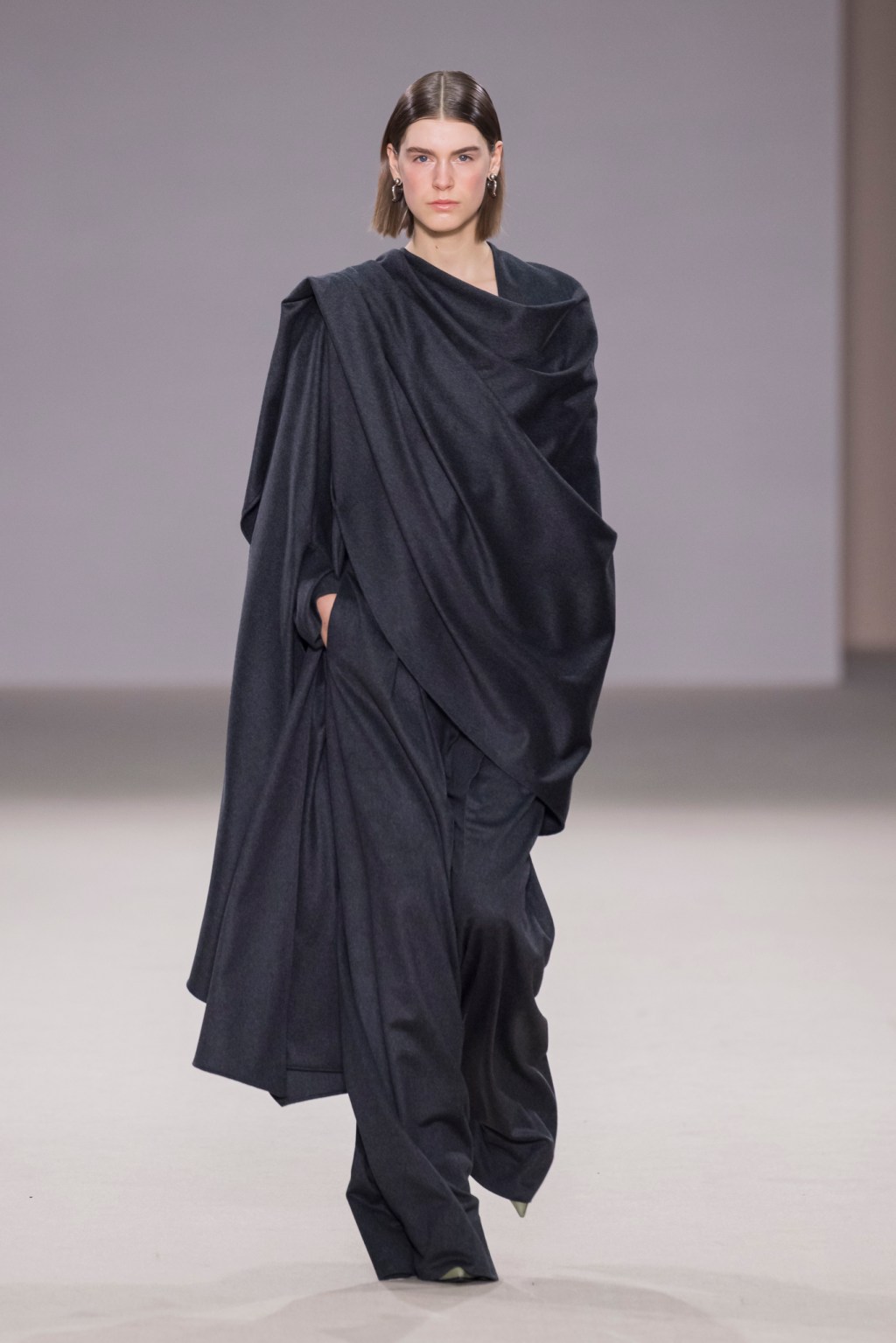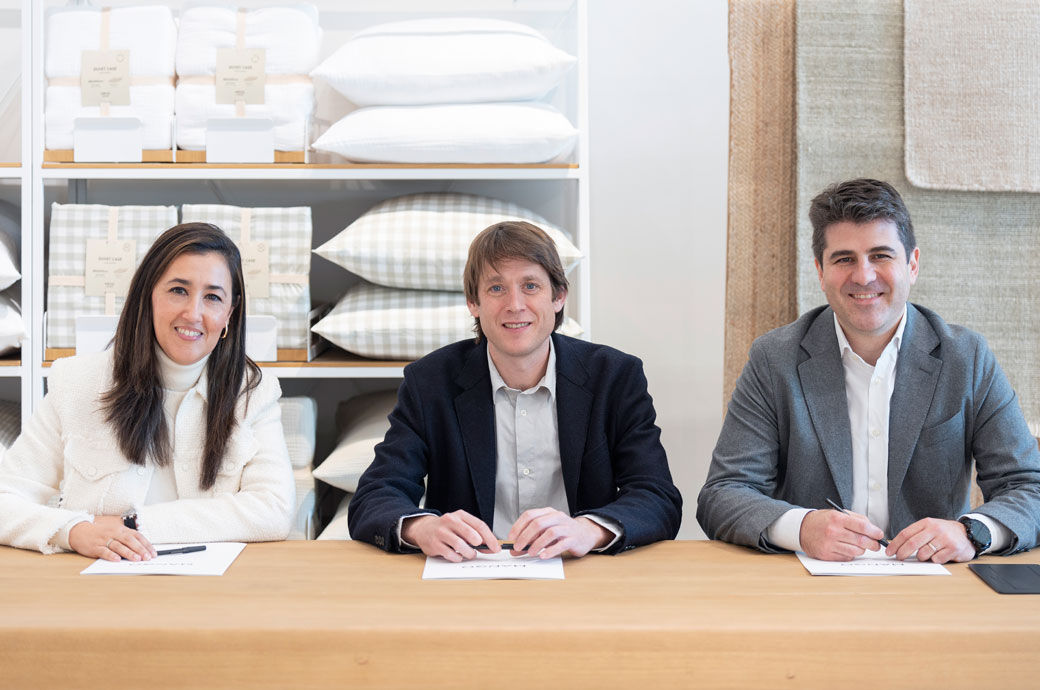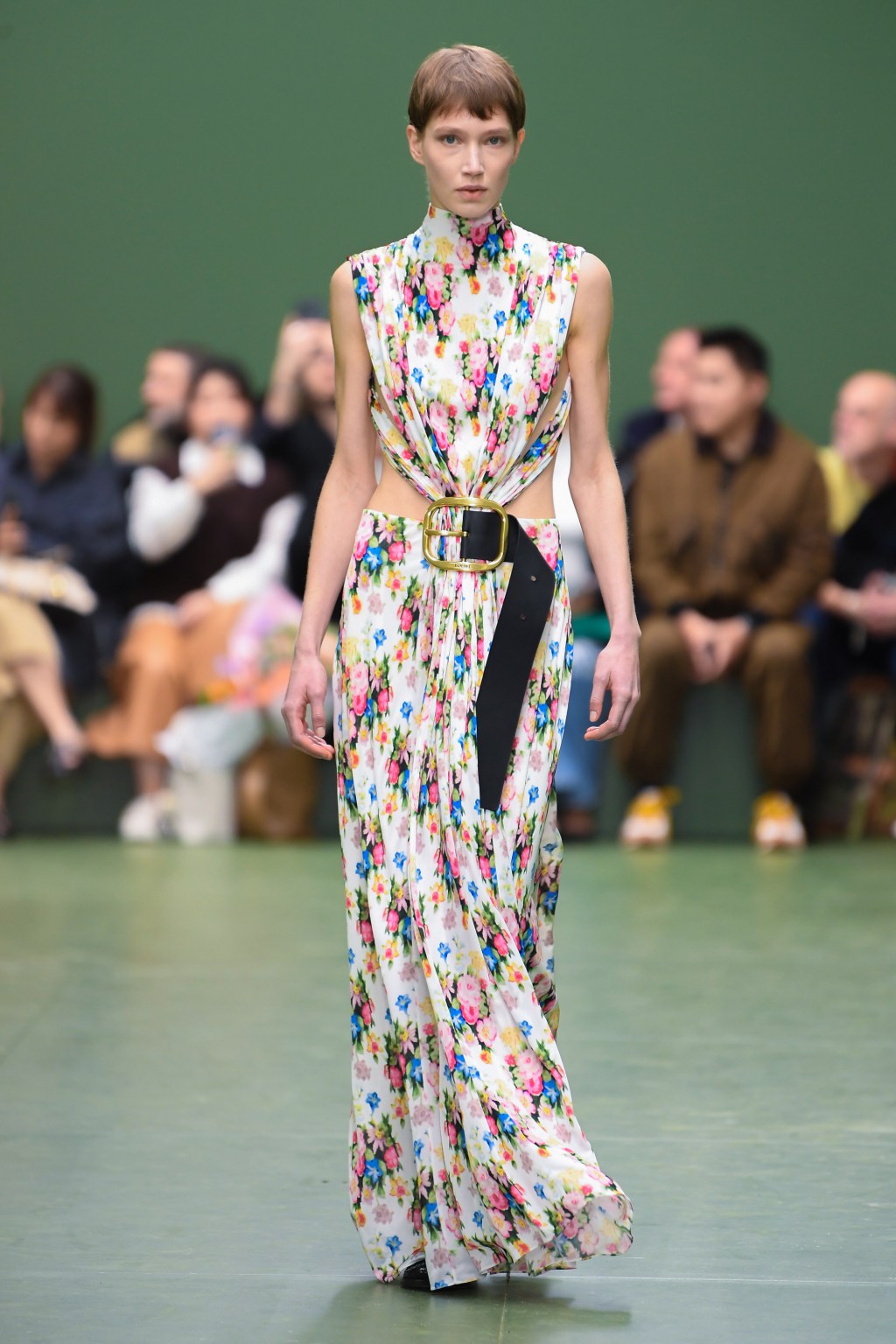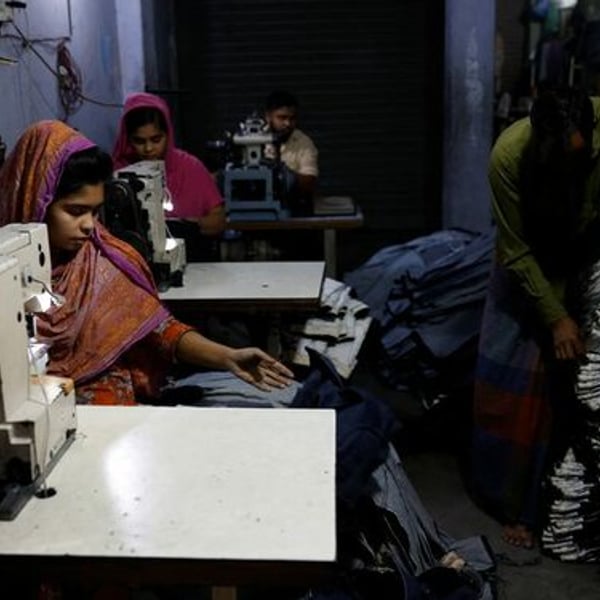By
Bloomberg
Published
August 30, 2024
Nearly identical copies of some of the world's most popular fashion items, from Lululemon Athletica Inc.'s yoga leggings to Hermès International SCA handbags, are popping up in closets across China for a fraction of the price.
Their popularity — known in Chinese as “pingti” and in Gen Z shopping lingo as “dupes” — reflects a backlash against brands among once-brand-loving Chinese shoppers. But they’re not cheap knockoffs, either: These local manufacturers sell products at relatively high prices promising the same quality as major global brands, just without the logos.
That includes items like a 3,200 yuan ($450) herringbone tweed coat from fashion clothing maker Chicjoc, which it says is made from Italian fabrics sourced from a supplier to Prada SpA and Bottega Veneta.
Sales have soared since last year as Chinese consumers seek better prices amid faltering economic confidence. In the 12 months ended in July, some major local brands selling cheaper alternatives saw double- to triple-digit growth on China’s dominant e-commerce platforms, Alibaba Group Holding Ltd.’s Taobao and Tmall, data from analytics firm Hangzhou Zhiyi Technology Co. show. At the same time, some of the foreign brands whose products they emulate saw slower growth or declines on the platforms, the data showed.
While online sales aren’t the whole picture for foreign brands that have brick-and-mortar stores, the meteoric rise of copycats is the latest threat facing global retail giants that can’t seem to figure out what Chinese shoppers want. The economic slowdown is making consumers more frugal, but even midrange brands like Nike Inc. and Fast Retailing Co.’s Uniqlo are stumbling. Instead, the rise of pingti likely reflects what Uniqlo called “a new set of consumer values” — the same instinct that’s driving consumers to seek out products sold directly by manufacturers, cutting out the middleman for the brand.
“Chinese consumers’ perception of luxury goods is changing, as the traditional mindset that a luxury handbag can be a sign of prestige is no longer their only preference,” said Blair Zhang, senior luxury and fashion analyst at Mintel in Shanghai. “In the current environment of cautious spending, there is no longer blind trust in well-known brands. Instead, there are more rational purchasing decisions that stimulate active discussions about cheaper alternatives.”
Pingtis’ biggest impact could be on the luxury sector, which has taken a hit in China as knockoffs using similar materials and build quality but without the logos and branding proliferate. Knockoffs are undermining the exclusivity that has made high-end items so desirable and could hurt their future growth in China, consultancy Yaok Group said in a report this month.
Leather goods maker Sitoy Group Holdings Ltd. says in videos on social media that the quality of its $100 handbags is nearly identical to those selling for more than $1,000 when produced on the same production lines that make handbags for luxury brand clients like Prada, Tumi and Michael Kors.
Meanwhile, Chicjoc, one of the biggest Chinese fashion brands on Taobao and Tmall, sells products it says are made from animal skins produced in Copenhagen by the same supplier as LVMH and Fendi. The company has annual sales of about 1 billion yuan from its Taobao store, Zhiyi data shows.
Shenzhen securities analyst Ding Xiaoying stopped spending thousands of dollars on designer brands after the Chinese market crisis halved her annual bonuses. In recent months, she said she has bought pingti versions of Victoria's Secret pajamas and shirts inspired by items from Ralph Lauren Co. and Kering SA's Bottega Veneta.
“I have spent some of my clothing spending on these no-name brands,” she said, praising the quality of the imitators’ fabrics. “I trust them now, and I even want them to start designing their own designs to avoid being sued for imitations.”
Local brands have been selling cheaper alternatives for decades, but they were scorned by middle-class shoppers who were eager to buy brands they saw as status symbols. Pingti retailers entered the mainstream market when COVID-19 lockdowns forced people to stay home and rely on online shopping, giving rise to new direct-to-consumer sales channels on social media platforms and livestreaming shows similar to the U.S. home shopping network QVC.
Most people find pingti items online and can brag about it by sharing finds that most closely resemble branded products. Millions of videos on social media feature vloggers boasting about prices and quality. Buyers can usually place orders directly in chat boxes and receive items within days.
For Sitoy, one of the most prominent retailers selling fake goods (and one of the few that is publicly traded), private labels contributed nearly a third of total sales of about HK$841 million ($108 million) during the six months ending last December. Sitoy’s two flagship stores on Douyin, TikTok’s Chinese cousin, recorded about 200 million yuan in sales in the 12 months through July, more than double the amount from a year earlier, according to data from Zhiyi.
Sitoy, which started out as a manufacturer for outside customers, has seen its orders decline amid economic and geopolitical uncertainty, its financial reports said. To counter the decline, it is investing in knockoffs, transforming a four-story building at its factory in the southern city of Dongguan into an e-commerce hub for its own brands, complete with livestreaming studios, retail stores and showrooms.
Producing items for global brands “isn’t something worth bragging about,” says a woman in a company sales video posted on Douyin. “That’s why we decided to take it a step further, using the same level of material and craftsmanship as luxury brands, and the same experienced workers, to make our own local brands.”
Sitoy, Chicjoc, Chando, VFU, Hermès, Lululemon, Prada, Tumi parent company Samsonite International SA, Michael Kors owner Capri Holdings Ltd. and SK-II parent company Procter & Gamble Co. did not respond to requests for comment.
Most consumers argue that there is little to no difference between pingti and the branded products it imitates. A 330-milliliter bottle of Japanese cosmetics maker SK-II’s blockbuster facial treatment essence, which contains a natural fermentation product, typically sells for nearly 1,700 yuan, compared with a similar 569-yuan product from Chinese alternative Chando that touts a similar ingredient.
Popular underwear brand Lululemon, VFU, charges just 200 yuan for a pair of high-waisted black sports leggings similar to those from the athleisure giant, which normally costs four times as much.
Despite the rush, it's unclear whether local startups will have the same staying power as the global giants they're copying.
Sellers of cheap counterfeit goods often try to infiltrate pingti channels. There is little oversight of online and social channels — a kind of Wild West where factories and retailers can advertise their products however they want — making it difficult for consumers to know what they are actually buying. And e-commerce and social media platforms generally fail to punish sellers who falsely claim to produce for well-known brands.
For now, that's not stopping shoppers like Jessica Wang, a 45-year-old financial programmer who recently spent 3,700 yuan on a pingti of a Hermès Lindy bag, which normally sells for thousands of dollars, from a WeChat seller whose handbags reflect luxury designs.
“It exceeded my expectations in many ways: the leather is very soft, the stitching is delicate and the packaging is nice and neat,” Wang said. “I will be ordering more bags from that store.”

